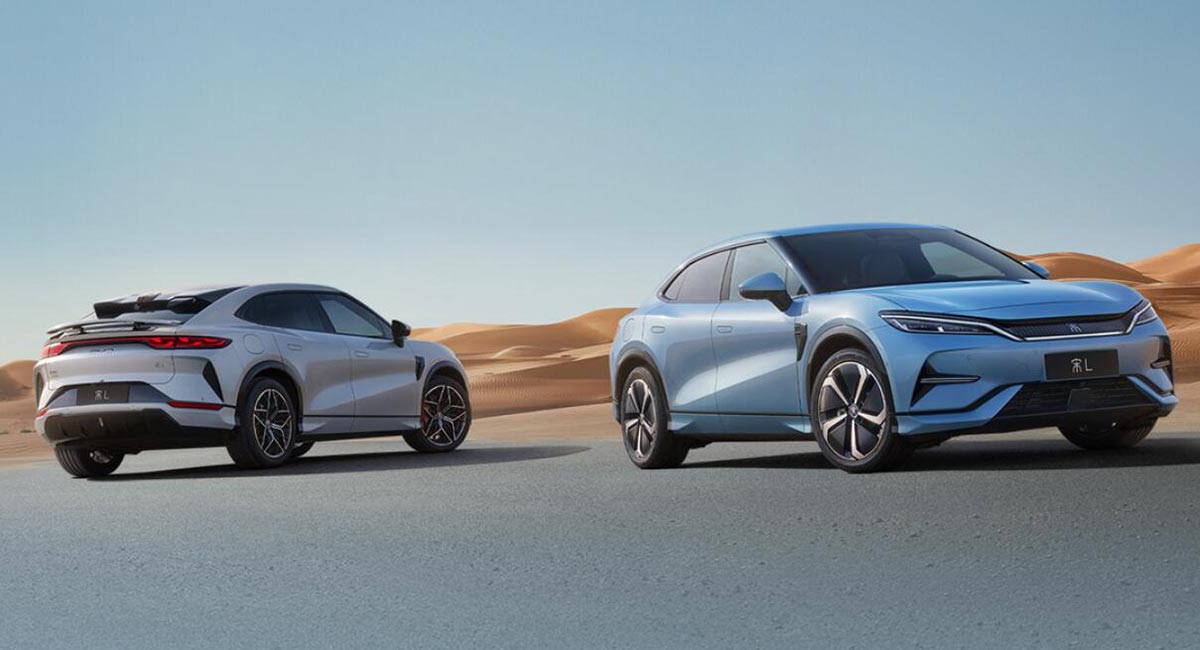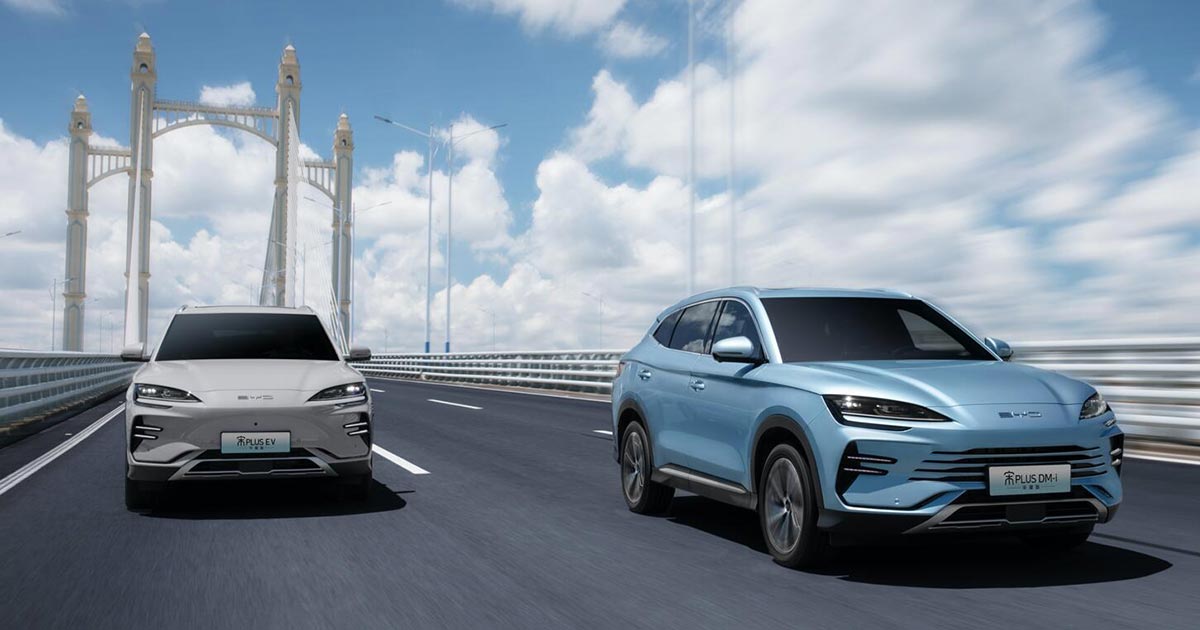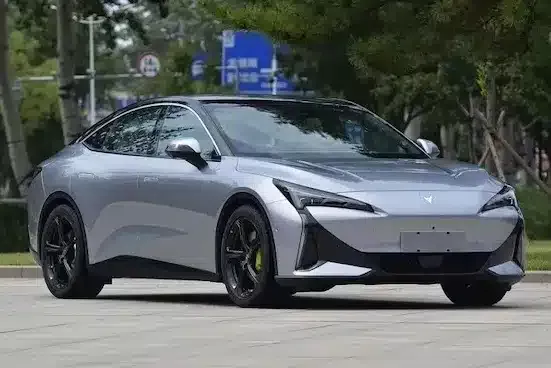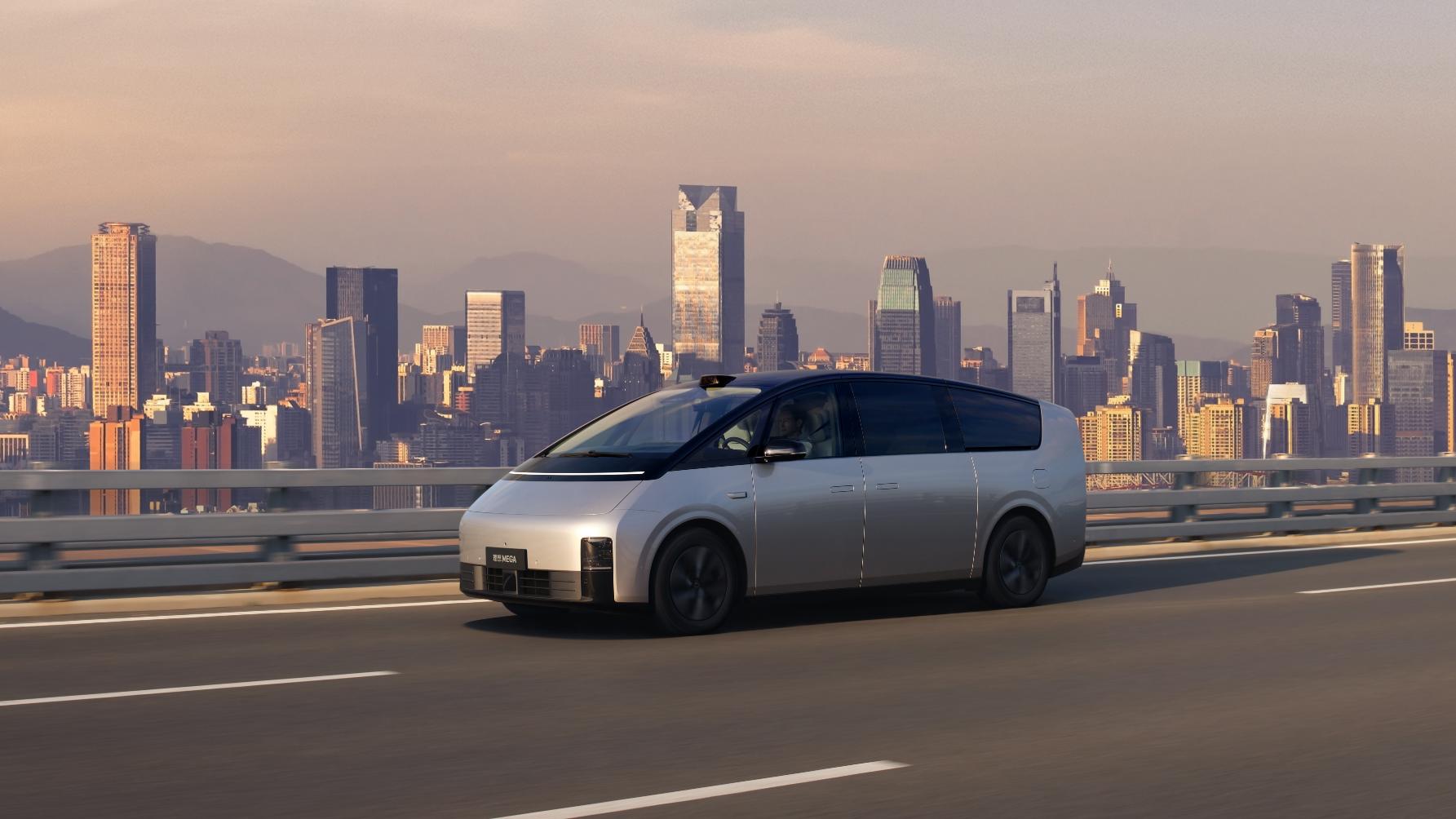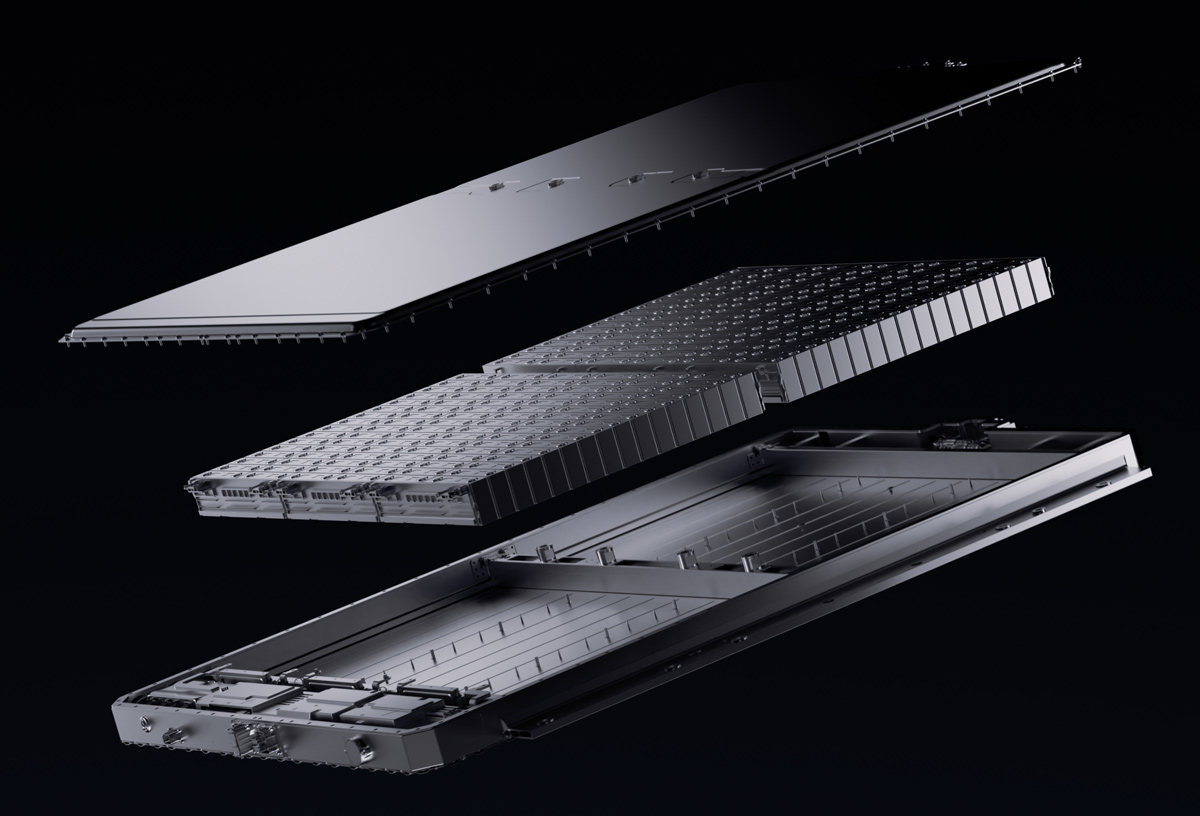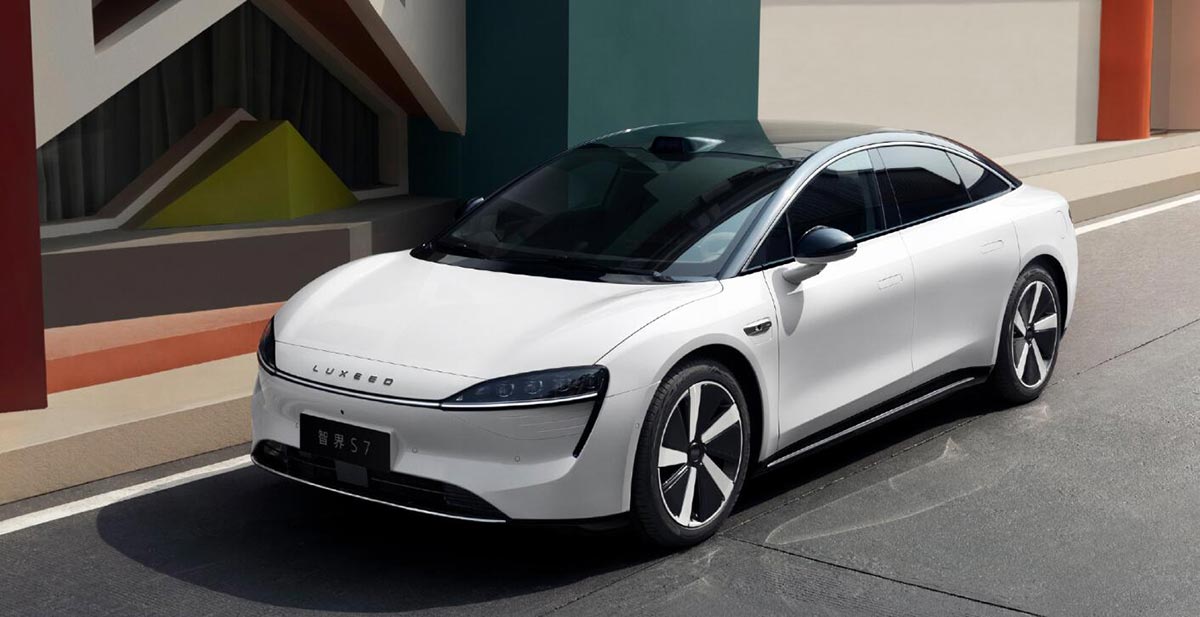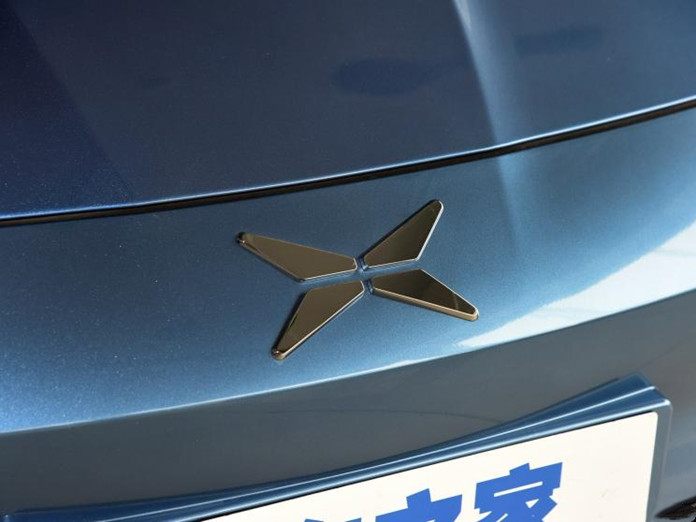U.S. Energy Secretary Jennifer Granholm expressed concerns about China’s growing presence in the electric vehicle (EV) market, emphasizing the need for incentives to make domestically-produced EVs more affordable. Granholm’s remarks came during an Axios event in Washington on Wednesday.
“We are very concerned about China bigfooting our industry in the United States even as we’re building up now this incredible backbone of manufacturing,” Granholm said.
See also: Biden Orders Probe into National Security Risks Posed by Chinese Vehicle Imports
Granholm highlighted the wave of low-priced EVs produced by Chinese companies, which some fear could pose a threat to major U.S. car manufacturers, especially those focusing on large gasoline-powered SUVs.
The Energy Secretary also referenced China’s impact on the solar panel market, stating, “Solar technology was invented here … and was bigfooted and pulled away because there was flooding of the market.”
See also: U.S. Senator Marco Rubio Proposes Higher Tariffs on Chinese Vehicle Imports
To counter China’s influence, Granholm pointed to incentives from the U.S. Inflation Reduction Act (IRA) and other programs that could help reduce EV prices for domestic manufacturers. “China is investing massive amounts for the purpose of bigfooting, and so we need to understand that it is important for people to buy electric vehicles in an affordable fashion,” she added.
Granholm highlighted a recent U.S. Commerce Department investigation into whether Chinese vehicle imports pose national security risks, citing concerns over the collection of sensitive data by vehicles and their use of cameras and sensors.
Amidst a near-term slowdown in the EV industry, Granholm mentioned a $4,000 credit in the IRA for the purchase of a used EV as one of the incentives that could help drive demand. This comes as legacy automakers, Tesla, and Rivian have scaled back EV investments and adjusted product strategies in late 2023.

